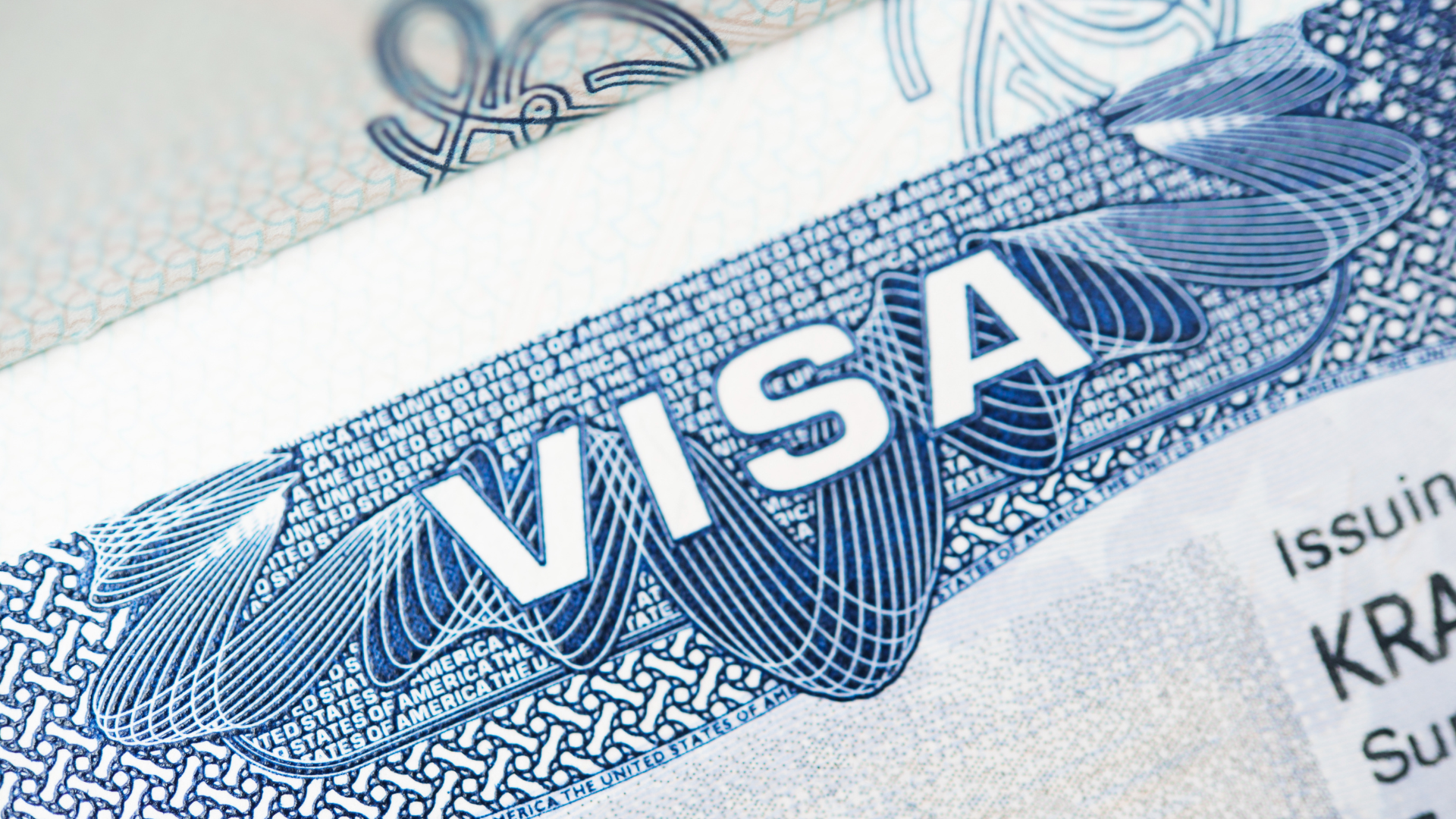Errors in the application process
Mistakes in the application process are one of the main reasons visas get denied, even for immigrants already in the U.S. seeking T visas, U visas, or VAWA protections. Making an error in filling out forms or failing to provide accurate information can create significant barriers. Forgetting to include required documents, such as evidence of abuse in a VAWA application or law enforcement certification for a U visa, may lead to delays or outright rejection. Each application form must be handled with meticulous care.
Additionally, misunderstanding or ignoring category-specific requirements for your visa type can cause problems. For example, the database of required documentation varies between T visas and U visas. While U visas need proof of victimization and cooperation with law enforcement, T visas require evidence of trafficking. Applicants should review the criteria carefully, ensuring they meet all stipulations. Seeking legal advice or help from immigration organizations can significantly reduce errors.
Let us guide you through your entire application process avoiding mistakes. Contact us.
Lack of sufficient evidence
Failure to provide sufficient evidence to support your claim is another common reason for rejection. Applicants for U visas or VAWA must demonstrate compelling proof of violence or abuse respectively. Similarly, those seeking K-1 visas need to verify their bona fide relationship with a U.S. citizen. If these requirements are not fully met, it can jeopardize the application.
To strengthen your case, gather detailed and credible documentation. For instance, affidavits from those who can attest to the abuse, police reports for U visas, or extensive communication and photographs for K-1 visas are often necessary. Over-preparing is better than under-preparing, as consular and USCIS officers rely heavily on this evidence to make their decision.
You can also read: How long does the K-1 Visa process take?
Uncertainty about immigration history
For immigrants in the U.S., a lack of clarity regarding their immigration history can hinder visa approvals. If there are discrepancies or if an applicant is in limbo about their residency or visa type, they are more likely to face rejection. This issue arises even with T or U visas when inconsistencies in timelines or paperwork exist.
To avoid this, keep all immigration-related documents updated and organized. For example, ensure that you hold a valid visa while applying for another and confirm that all records accurately represent your status in the U.S. If uncertainty exists, it is advisable to consult an immigration attorney who can guide you through the process.
Visit our services page and learn how we can help your immigration case.
Financial insecurities
Financial concerns can also lead to visa denial, particularly in cases where financial independence needs to be established, like K-1 or B1/B2 visas. If applicants cannot showcase their ability to sustain themselves or lack sufficient sponsorship proof, it could be problematic.
Providing thorough financial proof can mitigate these concerns. This may include recent bank statements, employment letters, or affidavits of support from sponsors.
Failure to meet deadlines
Lastly, missing deadlines or filing forms incorrectly can result in denial. The T visa, U visa, K-1 visa, and VAWA processes all have strict protocols concerning timing. Delays in collecting evidentiary documents or misunderstandings about deadlines can put approvals at risk.
To ensure success, keep track of all required dates and set reminders. Being proactive rather than reactive in your paperwork and ensuring all submissions are timely is crucial. For extra security, working with legal experts can help you stay organized and compliant.
If you found our article useful, share it with someone who may need it. And don’t forget to follow us on Facebook and Instagram and check all our services at rodriguezmartin.com.




